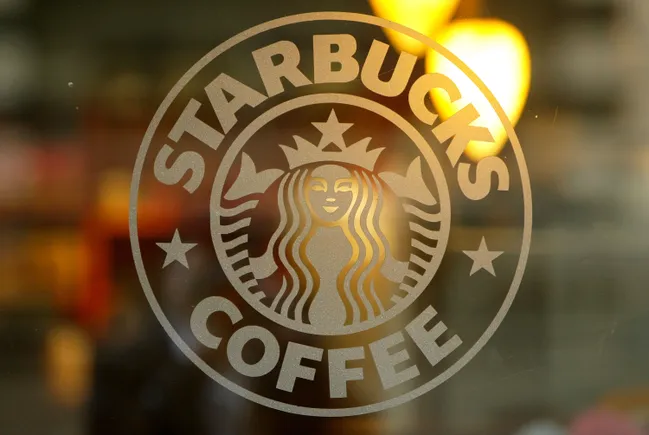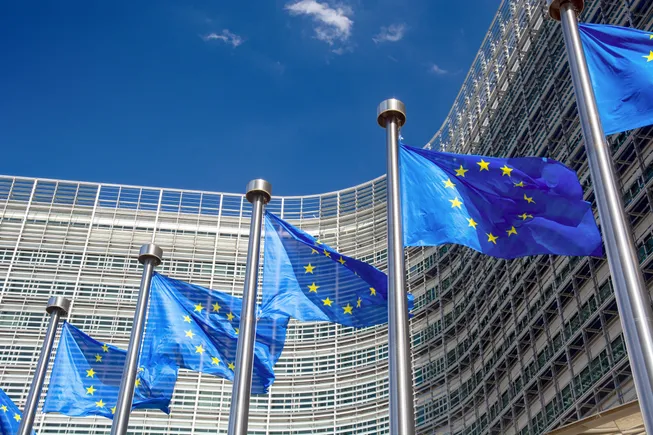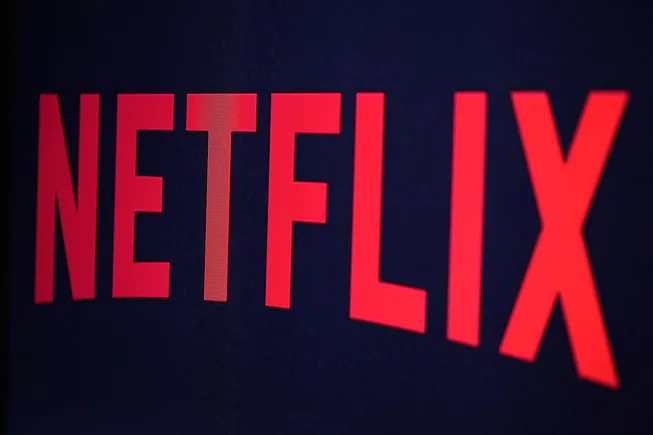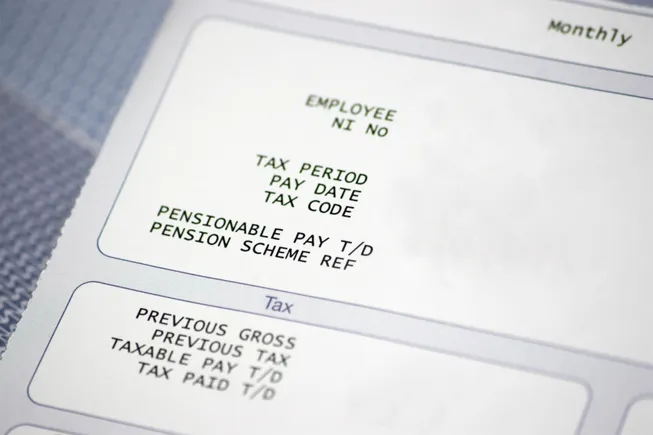Dive Brief:
- Starbucks is increasing the amount of paid leave it offers to birth parents from six weeks to 18 weeks, according to a press release issued Monday. The expanded parental leave is available to workers who work more than 20 hours a week.
- The chain is also raising the paid parental leave offered to nonbirth parents, including adoptive or long-term foster parents, from six weeks to 12 weeks.
- Starbucks CEO Brian Niccol said that improving Starbucks’ reputation as an employer in the retail sector is a part of the brand’s reinvention.
Dive Insight:
Starbucks said it made the change after hearing feedback from employees who said its six-week program was insufficient. Starbucks has long positioned itself as a leader in the foodservice industry for providing benefits to its employees. The expansion of parental leave will help preserve that reputation.
The chain also has expanded the average weekly hours worked by its employees, a move that has lowered turnover and training costs while increasing pay for workers, said CFO Rachel Ruggeri on the coffee giant’s October earnings call.
Many of its franchised competitors are not immediately responsible for the benefits of hourly front-line workers, limiting the number of restaurants that are proper comparisons with Starbucks. Chipotle, another major company-owned brand, offers up to 12 weeks of maternal and four weeks of paternal leave.
Increased benefits could help with labor retention, while also improving consumer perceptions of a brand damaged by a multi-year battle with thousands of its unionized baristas.
During the acute period of the restaurant industry’s labor shortage in 2021 and 2022, many brands raised pay or added new benefits. Starbucks was no exception. But after the spread of Starbucks Workers United’s campaign outside of Buffalo, New York, the union and federal regulators said the company used expanded benefits as a disciplinary tool to pressure workers not to form unions.
With labor market conditions cooling, there’s less immediate economic pressure on brands to improve working conditions or raise pay. The chain is currently engaged in bargaining with Starbucks Workers United over a framework for store-by-store contracts, which could reshape the benefits available to thousands of its employees.






Leave a Reply